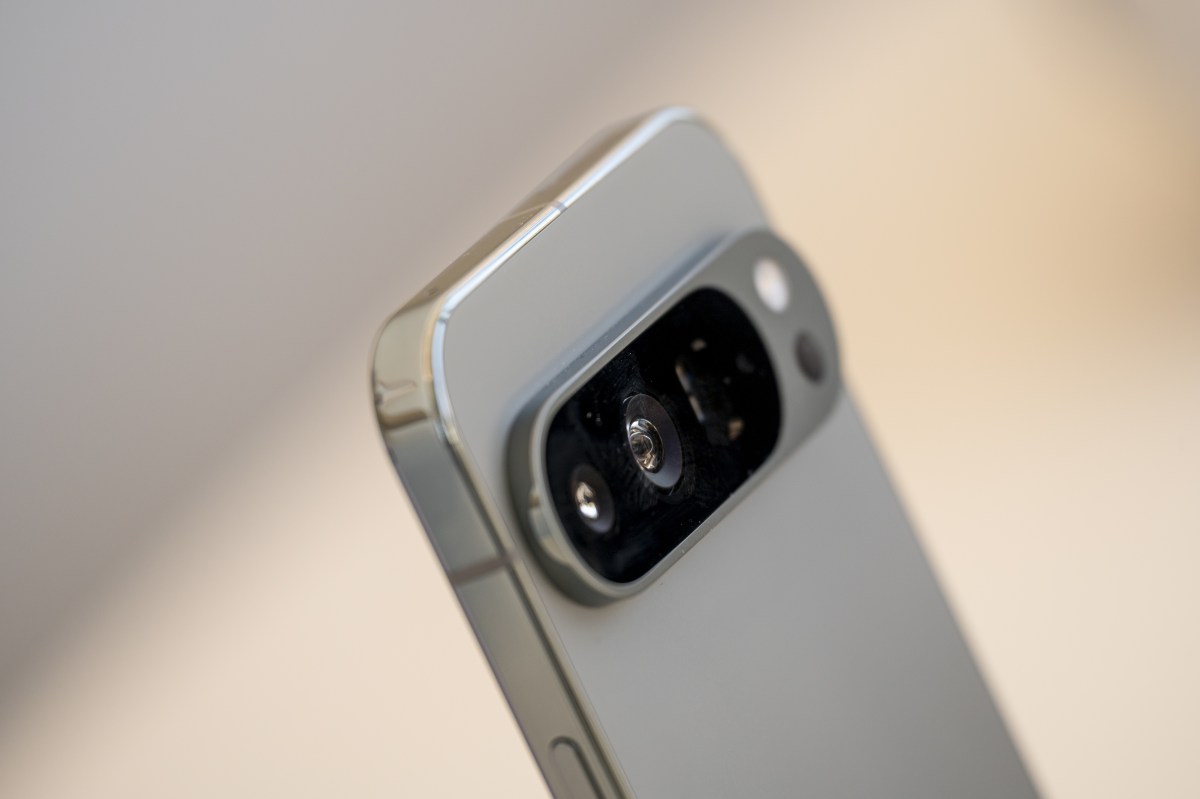Indonesia Tightens Grip on Smartphone Market with New Local Content Requirements
A Shift in the Global Tech Landscape
Table of Contents
Indonesia has made a bold move to strengthen its domestic tech industry by implementing strict local content requirements for smartphone manufacturers. This decision has sent ripples through the global tech landscape, resulting in bans on both Google Pixel and Apple iPhone 16 devices sold within the country. This demonstrates Indonesia’s unwavering commitment to fostering economic growth from within.
Local Content: The Engine of Indonesian Growth
The Indonesian Ministry of Industry mandates that all smartphones sold in the country must contain at least 40% locally sourced components. This requirement can be met through various avenues, including local manufacturing, firmware development, or direct investment in innovative projects within Indonesia.
This policy aims to create a more level playing field for all investors operating in Indonesia and stimulate added value within the domestic tech sector. Companies like Samsung and Xiaomi have already established manufacturing facilities in the country, while Apple has opted for developer academies to meet these requirements.
Google’s Pixel Phones Face Sales Halt
Following a similar ban on Apple iPhones last week due to an unmet investment commitment, Google has now joined the list of affected tech giants. The Ministry of Industry stated that Google’s Pixel smartphones cannot be traded until they comply with the 40% local content rule. Google must obtain local content certification before resuming sales in Indonesia.
“The local content rule and related policies are made for fairness for all investors that invest in Indonesia, and for creating added value and deepening the industry structure here,” said Febri Hendri Antoni Arief, spokesperson for the Ministry of Industry.
Indonesia’s Smartphone Market: A Force to Be Reckoned With
Despite the recent bans, Indonesia remains a significant market for smartphone manufacturers. According to Counterpoint Research, the country boasts a rapidly expanding consumer base and is projected to become one of the world’s largest smartphone markets in the coming years.
The Indonesian government’s commitment to local content requirements presents both challenges and opportunities for tech companies operating in the region. Companies seeking to succeed in this dynamic market must adapt their strategies to comply with these regulations while exploring avenues for collaboration and investment within Indonesia.
For more information on navigating the evolving landscape of the Indonesian smartphone market, visit our comprehensive guide: Indonesia Smartphone Market: A Guide for Tech Companies.


